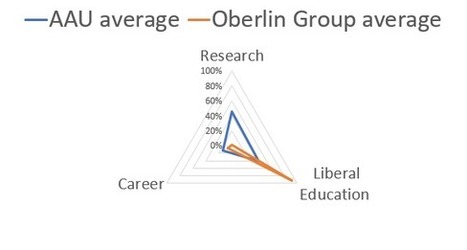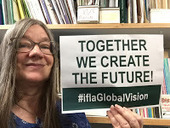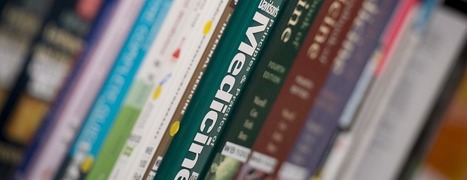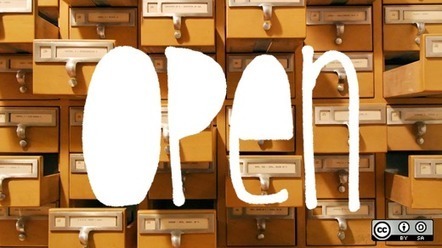[This blog entry is written to accompany the release of University Futures, Library Futures: Aligning library strategies with institutional directions. This is a collaboration between Ithaka S+R and OCLC Research, and is supported by the Andrew W. Mellon Foundation. There is a companion blog entry by Deanna Marcum and Roger Schonfeld. The report looks at … Continue reading University Futures are shaping Library Futures →
Research and publish the best content.
Get Started for FREE
Sign up with Facebook Sign up with X
I don't have a Facebook or a X account
Already have an account: Login
Literacy in a digital education world and peripheral issues.
Curated by
Elizabeth E Charles
 Your new post is loading... Your new post is loading...
 Your new post is loading... Your new post is loading...
|
|
















